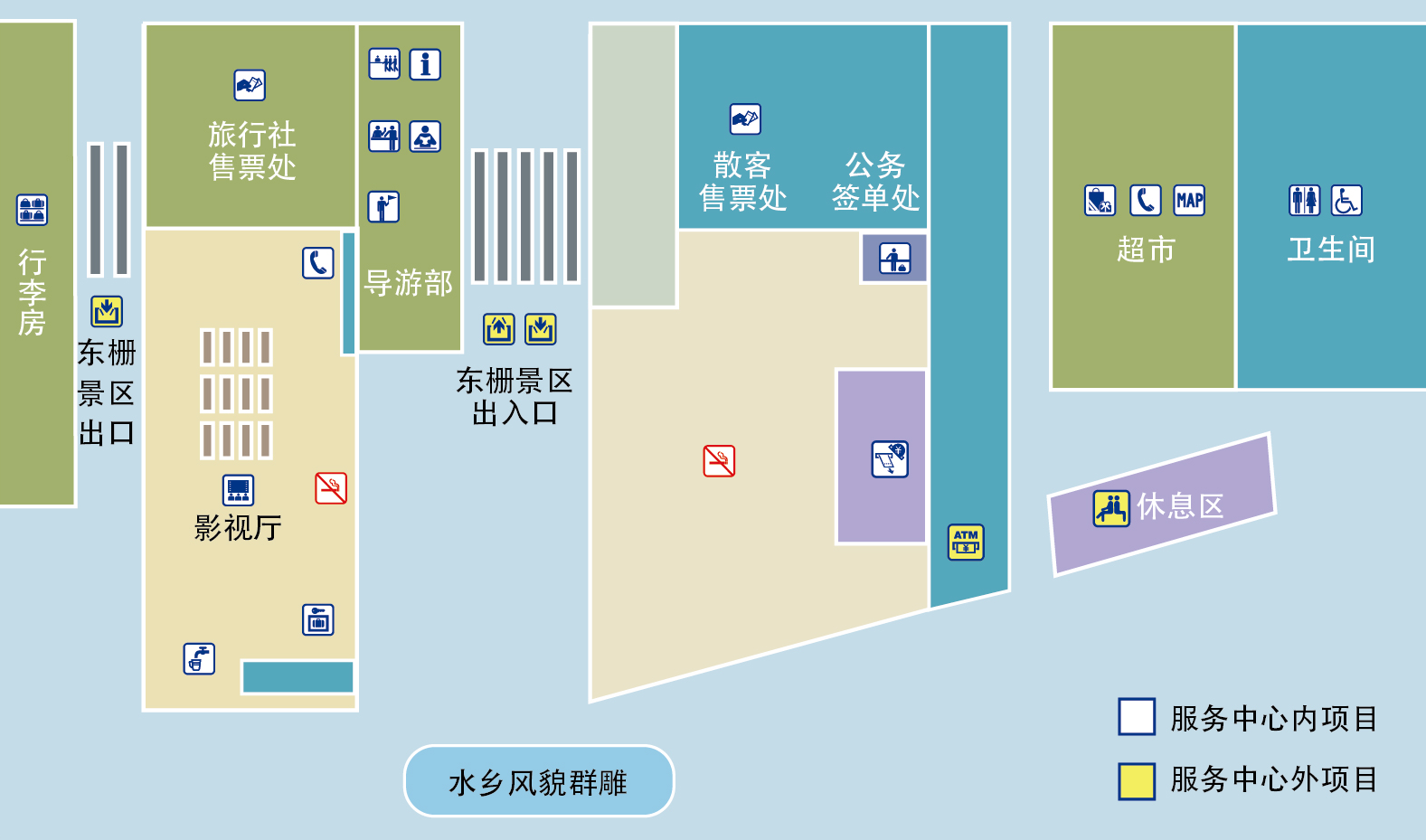

Female, infant name: Fengsheng, scientific name: Wu, a native of Chongde County (today's Tongxiang City), the wife of Shen Zemin, and the first generation of revolutionary new women of the CPC. Zhang Qinqiu is known as the "legendary female general". She had been intelligent and diligent since childhood. She entered a private school at the age of 9, later transferred to Zhenhua Girls' School, and later admitted to the provincial Hangzhou Women's Normal School; In the spring of 1913, she transferred to Shanghai Patriotic Girls' School with her classmate Kong Deyi (Shen Yanbing’s wife) and met Shen Zemin, Shen Yanbing's younger brother. Six months later, she was admitted to Nanjing Art College. Not long after enrollment, she got typhoid fever and took a break from school to go home for treatment. After recovering from illness, she worked at Zhenhua Girls' School for several months as a substitute teacher. At this moment, when she came into contact with society, she deeply felt political corruption and the hardships of people's lives. She didn't know how to change this dark situation, so she wrote a letter to Shen Zemin.
Shen Zemin was already a Communist Party member. Feeling Qin Qiu's lofty aspirations, he repeatedly sent letters to enlighten and send progressive books and magazines, and Qinqiu accepted revolutionary ideas from then on. In the spring of 1923, she was admitted to Nanjing Academy of Fine Arts. Shanghai University is a new school for the CPC to promote Marxism Leninism and train young cadres. Qu Qiubai, Zhang Tailei, Deng Zhongxia and so on have successively taught in the school. In April of that year, Zhang Qinqiu joined the Chinese Socialist Youth League; In November, she joined the CPC. During the Shanghai University, she was dispatched by the Communist Party of China to establish a civilian school with her classmate Huang Lunxian in Yangshupu, recruiting over 150 workers from nearby cotton mills to attend, promoting revolutionary principles to them, and developing Party and League members from them. In the May 30th Movement, she went into the factory, mobilized women workers sisters, and persisted in the strike struggle.
In the winter of 1925, Zhang Qinqiu and Shen Zemin got married. At the end of the year, she was sent by the Party organization to study at Sun Yat-sen University in Moscow. After returning to China, she served as a member of the Shanghai Hudong District Committee of the Communist Party of China and engaged in underground work for the Party. In March, 1930, together with Shen Zemin, she was sent to the revolutionary base areas of Hubei, Henan, and Anhui to begin her military career. She was the only female general in the history of the Chinese Workers' and Peasants' Red Army. In January 1931, she was elected as the Central Executive Committee of the Chinese Soviet Republic.
In April 1949, she was appointed as a member of the first Standing Committee of the All China Women's Federation and the Minister of the Production Division. Later, she was reappointed as an Executive Committee for two consecutive terms. In October, the Central People's Government was established and she was appointed as the Deputy Minister of the Ministry of Textile Industry of the People's Republic of China and the Deputy Secretary of the Communist Party of China. Afterwards, she was in charge of the textile industry production for nearly 20 years, diligent and conscientious, making important contributions to the development of the textile industry. Zhang Qinqiu was a member of the first National Committee of the Chinese People's Political Consultative Conference and a representative of the first, second, and third National People's Congress.
During the Cultural Revolution, Zhang Qinqiu was falsely accused and persecuted. On April 21, 1968, due to unbearable humiliation, she jumped from a building and died, fighting to the death. Her daughter Maya also suffered torture and died. In June 1979, the Central Committee of the Communist Party of China rehabilitated her. The eulogy said: “Her life was a life of revolution, a life of fighting, and a life of wholeheartedly serving the people. "
Keyword:

